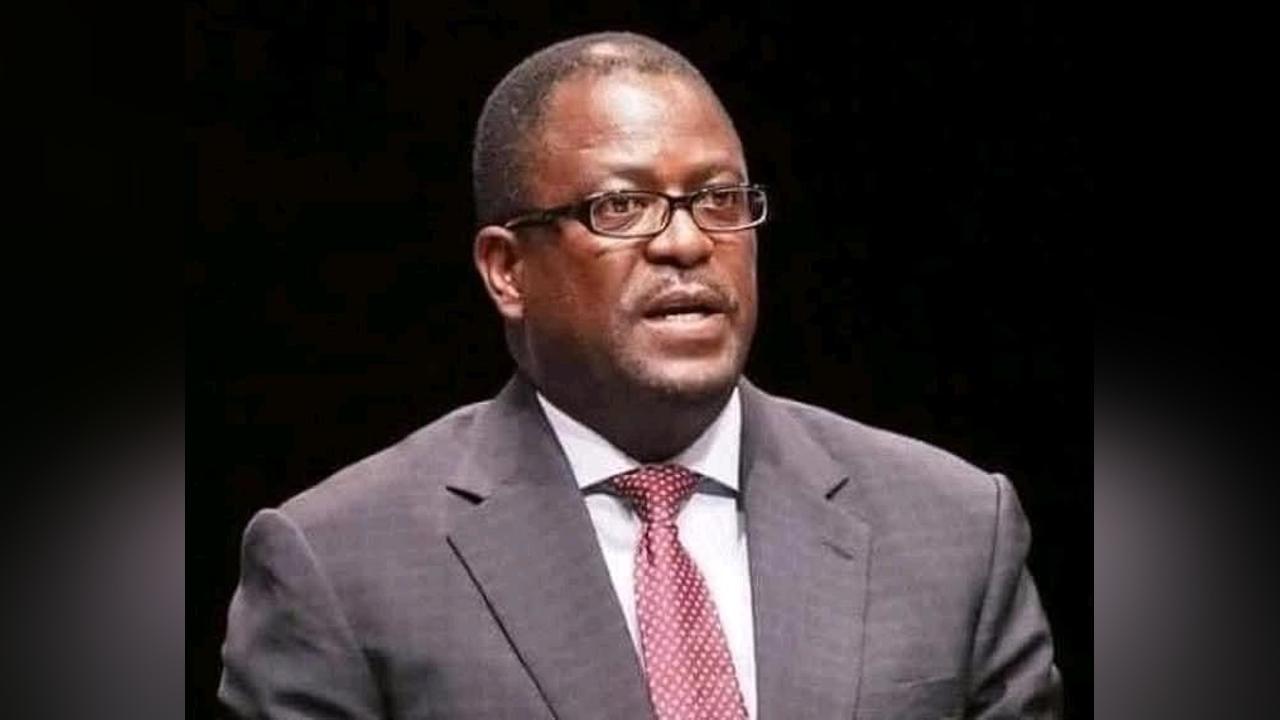Africa-Press – Zambia. THE PF CRISIS AND THE JUDICIARY’S DEFINING MOMENT: TIME TO SETTLE THE STORM
The Patriotic Front’s leadership crisis is no longer just an internal party matter—it has become a national fault line threatening the credibility of our democratic institutions. What began as a power tussle following the loss of power in 2021 has now evolved into a full-blown constitutional and legal dilemma that must no longer be allowed to fester. The Judiciary, and particularly the Chief Justice of the Republic of Zambia, now stands at a historic crossroads: to either settle the matter decisively or risk letting institutional silence breed irreversible political decay.
The background is well known. Following the Patriotic Front’s electoral defeat, the party failed to conduct an orderly leadership transition. President Edgar Lungu did not step aside formally, yet he also did not provide the leadership necessary to organise a credible succession process. The result was a vacuum—one quickly filled by factional interests. Miles Sampa, on one hand, claimed the presidency through a disputed October 2023 conference. On the other hand, several senior party figures—Brian Mundubile, Stephen Kampyongo, Christopher Kang’ombe, Mutotwe Kafwaya, and others—contested both the legality and legitimacy of Sampa’s claim.
As a result, these MPs and PF members approached the Lusaka High Court seeking, among other things, an order to nullify Sampa’s election and a permanent injunction restraining him from masquerading as PF president. Their case, based on alleged violations of several provisions of the PF constitution, seeks to restore procedural order and uphold the party’s internal governance mechanisms.
Now enters a new twist: PF faction leader Robert Chabinga and his Secretary General Morgan Ng’ona have applied to join the proceedings. Their request is legally significant. It consolidates all factions—Sampa’s, Mundubile’s, and now Chabinga’s—before a single court, offering the Judiciary an unprecedented opportunity to examine the entire leadership crisis at once and deliver a binding, final ruling.
If granted, this joinder allows the court to go beyond technicalities and into the heart of the issue: who, under the PF constitution, is legally and legitimately the party’s president? The PF constitution contains clear provisions on leadership succession, internal elections, and dispute resolution. It is time the court interprets those provisions authoritatively—no more evasions, no more half-measures.
This matter is no longer about political ambition—it is about institutional order in the country’s largest opposition party. The outcome of this case will influence not only who leads the PF, but whether Zambia’s democracy can function without courts becoming silent observers of chaos. We cannot allow political parties to become private fiefdoms where procedure is overridden by force, noise, or informal networks of power.
And yet, while opposition members wait endlessly for rulings, we have seen how quickly the justice system can move when the accused is an opposition figure facing criminal charges. From arrest to conviction, some cases have taken days, if not hours. Bail applications are denied in minutes. This selective urgency reveals a troubling double standard. If criminal cases that serve political interests can be fast-tracked, why can’t constitutional disputes with national implications receive the same speed and seriousness?
This case is a matter of public interest. It affects members of Parliament. It affects the leadership of Zambia’s main opposition party. It affects voters who deserve to know whom they are dealing with. Most importantly, it affects the integrity of our multiparty system. When factions speak louder than constitutions, the very idea of political order begins to crumble.
To the Judiciary: the moment to act is now. The joinder application presents a golden opportunity to bring all relevant actors to one legal table. Set the hearing. Interpret the PF constitution. Give the nation clarity. Let the courts remind Zambia that law, not confusion, governs political life.
Let us not wait until conflict turns tragic. Let us not bury our faith in justice beneath endless adjournments. Our democracy depends not only on elections but on institutions willing to act when it matters. The PF leadership crisis has gone on long enough. It is time to settle the storm.
John 8:32 “And you will know the truth, and the truth will set you free.”
For More News And Analysis About Zambia Follow Africa-Press







